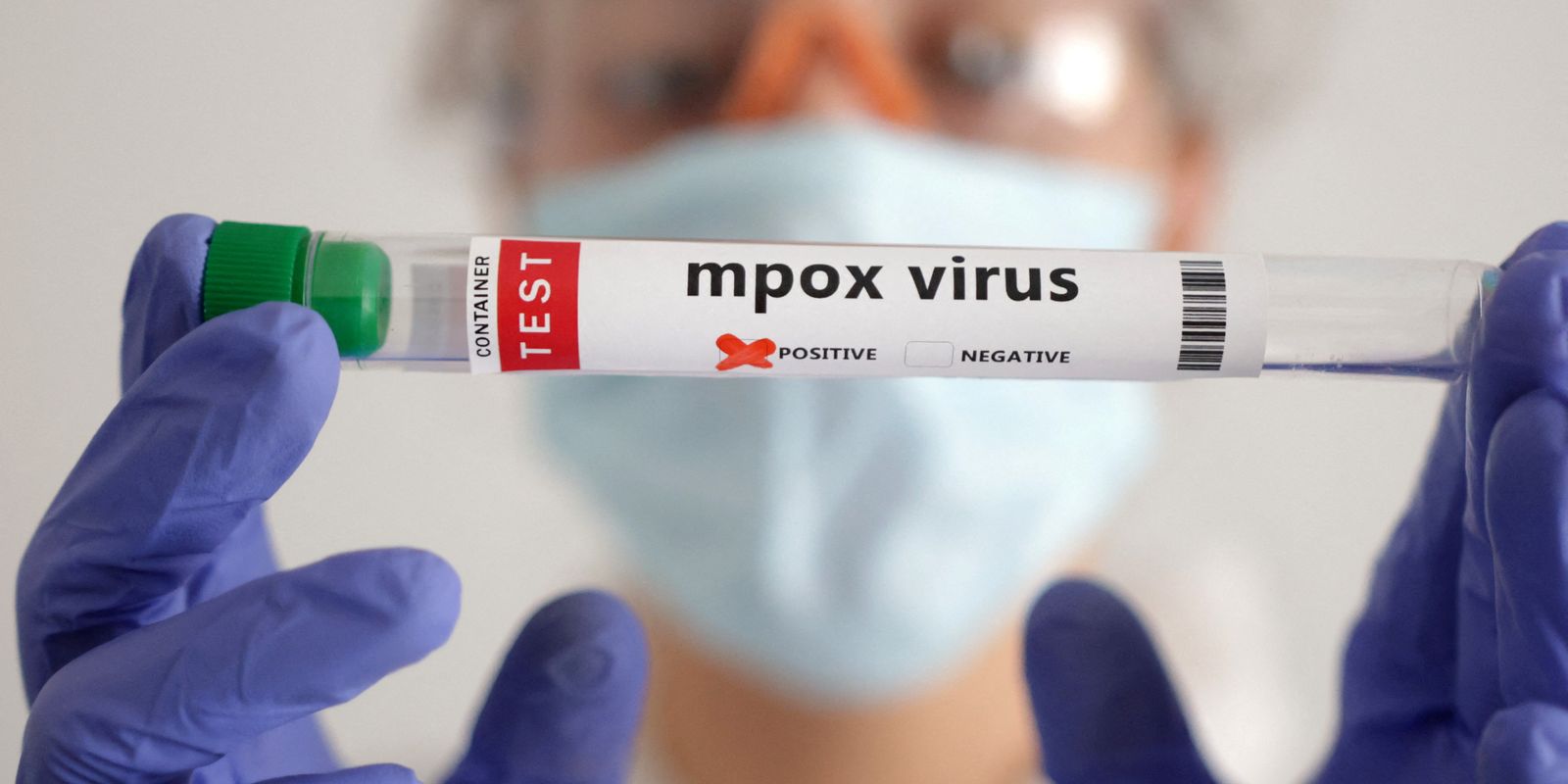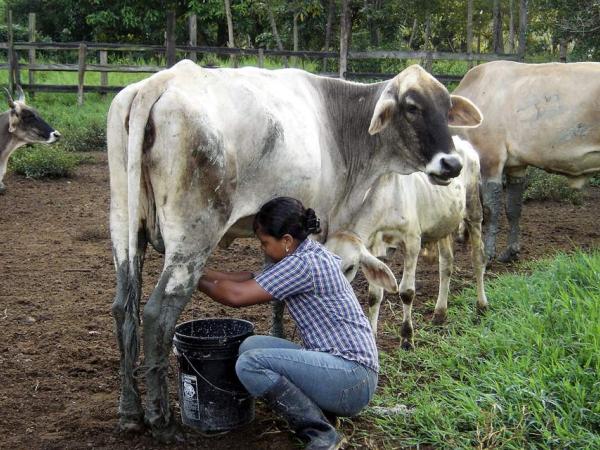The Democratic Republic of Congo (DRC) has already recorded more than 18,000 cases of mpox this year, in addition to 615 deaths caused by the disease. The data was released this Monday (26), in Brazzaville, by the director-general of the World Health Organization (WHO), Tedros Adhanom Ghebreyesus, during the opening of the meeting of the entity’s African committee.
“There is particular concern about the rapid transmission of the new variant of the virus that causes mpox, variant 1b. Last month [em julho]more than 220 cases of the 1b variant have been reported in four countries neighboring Congo and [eles] had not registered cases of the disease until then: Burundi, Kenya, Rwanda and Uganda”, he said.
New variant
In his speech, Tedros recalled that cases of the new variant of mpox have also been confirmed in Sweden and Thailand – the first outside the African continent. According to him, the patients had a history of traveling to countries facing outbreaks of the disease, without specifying which locations they had visited.
“But the 1b variant is not our only concern. Cases of other variants have also been reported this year in the western part of the DRC, as well as in Cameroon, the Central African Republic, Ivory Coast, Liberia, Nigeria, the Republic of the Congo and South Africa. It is a complex and dynamic scenario.”
“Responding to and controlling each of these outbreaks will require a complex and coordinated international response. That is why I have decided to declare a public health emergency of international concern,” Tedros said..
During today’s meeting, the WHO Director-General again estimated that it will be necessary US$135 million over the next six months to implement a response plan capable of combating the spread of the disease. The figure had already been announced last week at a meeting with WHO member states.
Vaccine
According to Tedros, last Friday (23), the WHO received “necessary information from one of the manufacturers” to analyze another possible vaccine against mpox. “We hope to have a list [de doses] for emergency use in the next three weeks,” he highlighted.
He added: “I am confident that through coordinated leadership from affected countries and the support of WHO at all levels and partners such as Africa CDC [Centro de Controle e Prevenção de Doenças]we can bring this epidemic under control quickly, as we have done with several other outbreaks in recent years. We have learned valuable lessons from our experiences with Ebola, COVID-19 and other diseases,” he concluded.

















